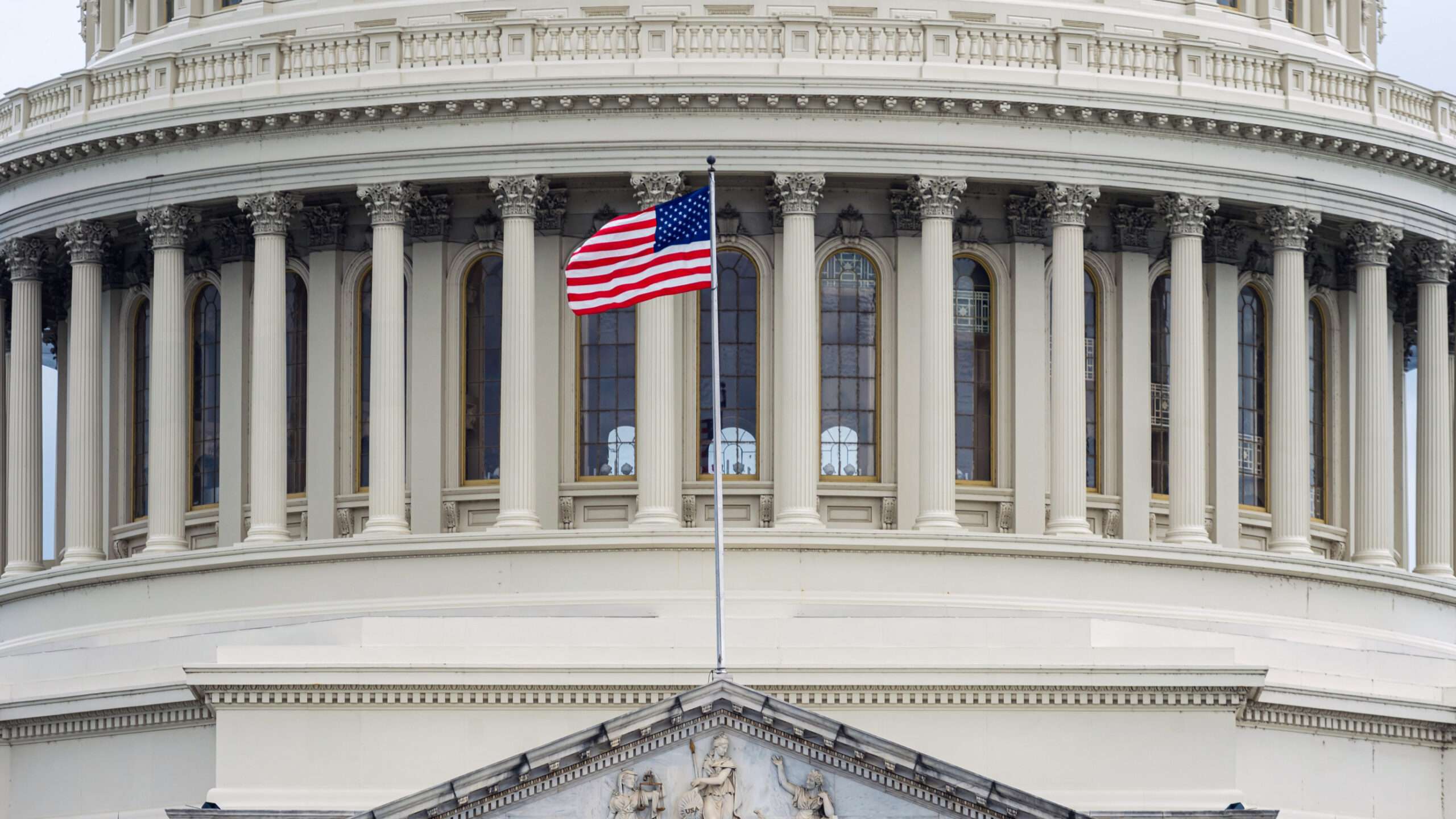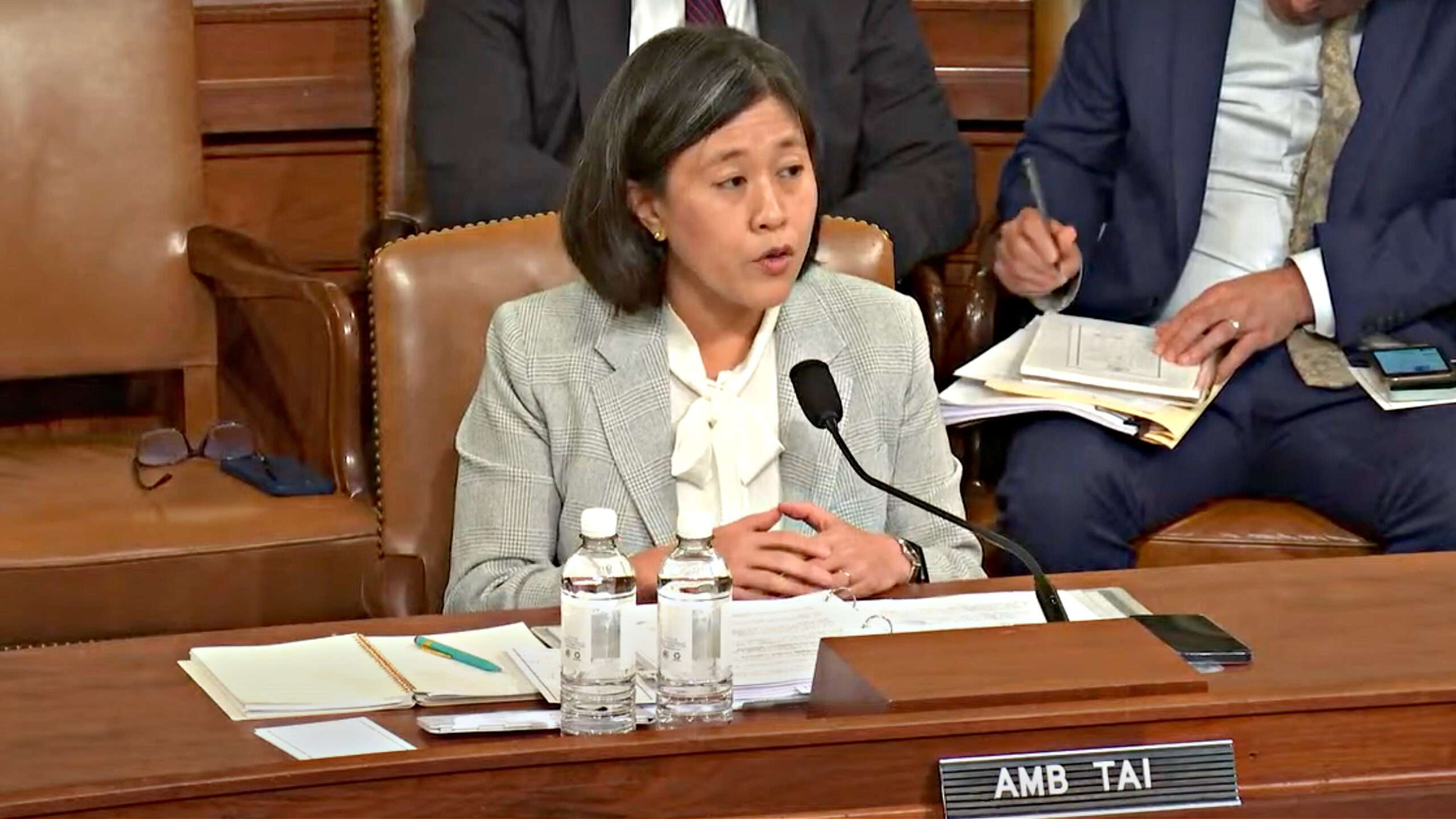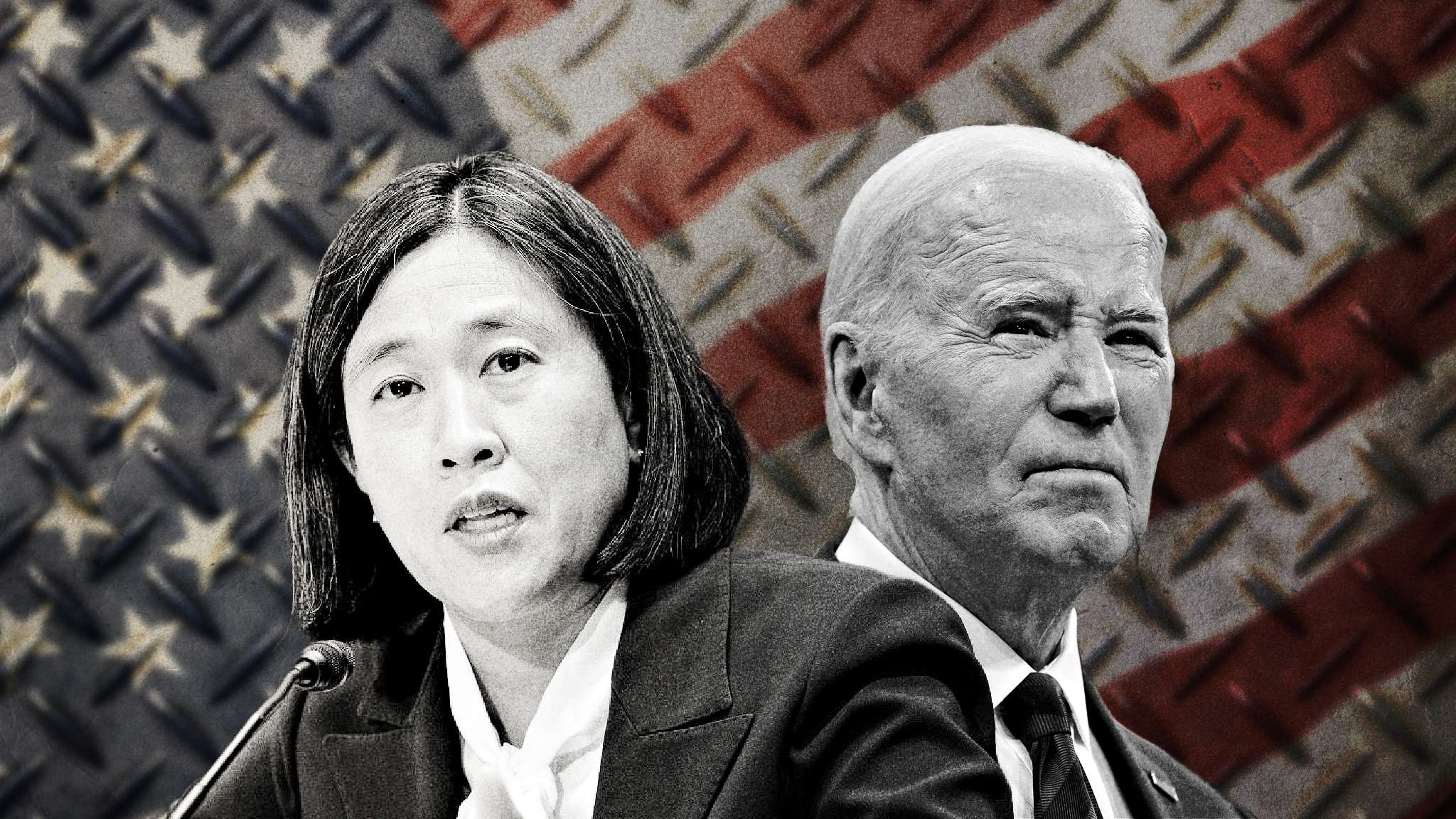Targeting a country for perceived currency manipulation would not be an effective means to making progress on the economy, the governor of the Federal Reserve Bank of St. Louis told Morning Trade this week, knocking down one of Trump’s oft-repeated campaign promises to attack China for its currency practices.
[Adam Behsudi | February 28, 2016 |Politico]
“I’m not a big fan of the currency manipulator thing,” Governor James Bullard said during a visit to POLITICO’s Rosslyn headquarters on Monday. “My feeling is you can’t manipulate your currency and become rich.”
After repeatedly promising he would instruct his Treasury secretary to label China a currency manipulator on the first day of his presidency, Trump has not yet acted on the issue – but he also has not put it to rest. He called the Asian nation the “grand champions at manipulation of currency” during an interview with Reuters last week and added that despite not taking action against China yet, he hasn’t “held back.”
Bullard said that while a country might see “temporary advantages,” “I don’t think you can get permanent advantages by trying to manipulate that process.”
“There have been probably dozens of countries over the last 50 years that have tried to depreciate their way to success, and they haven’t really been all that successful,” he said.
BULLARD: U.S. SHOULD ‘GET OUT AND COMPETE’: The best way to win in a competitive global economy is to create an attractive environment for businesses and workers, not to cut yourself off from the rest of the world, Bullard added.
“If you want to have a successful economy, get out and compete,” he said. “You’re not going to stop globalization any more than you’re going to stop blood flowing through your body – and you wouldn’t want to.”
At the same time, he noted that changes in trade policy, despite being a central tenet of Trump’s agenda, are not likely to bring too many immediate changes.
“I can appreciate that President Trump has a trade agenda and he wants to change things, but from a macroeconomic perspective, I see that as a slow-moving policy,” he said.
“There are armies of lawyers, and they meet for years and years and years and the final result is probably not all that different than what you have now,” he continued. “It’s possible that there are other ways that this could move faster, but rules are rules and agreements are agreements, so they take a long time to change.”













